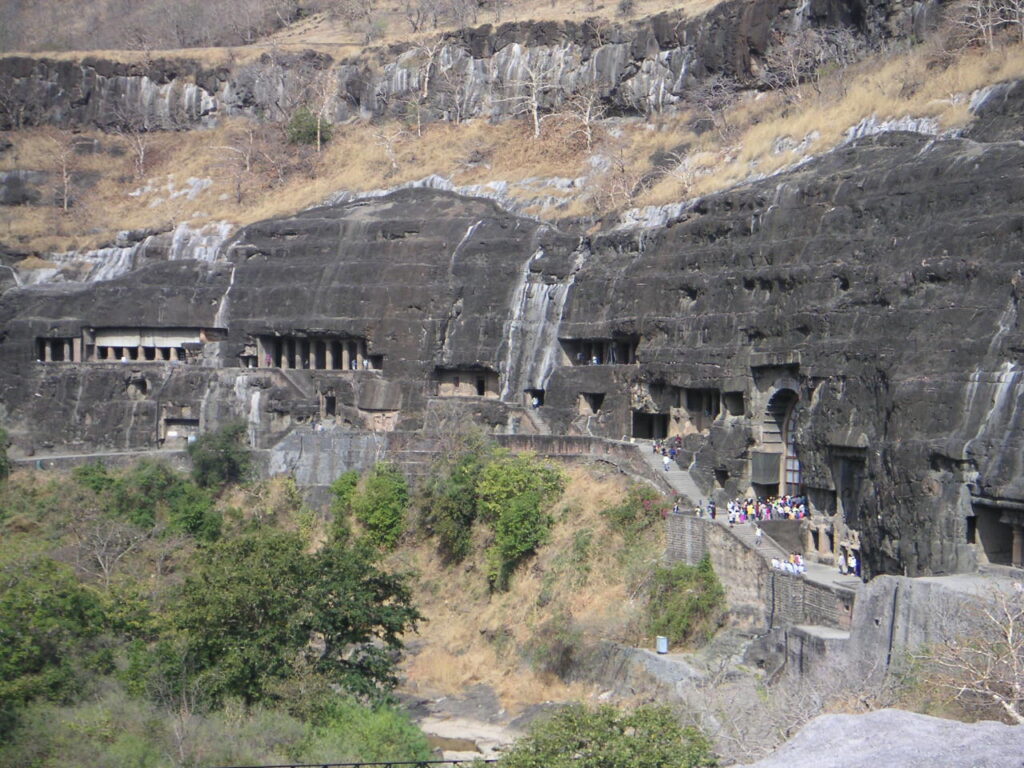Nalanda University, a beacon of knowledge and learning in ancient India, holds a special place in the annals of history for its monumental contributions to education, philosophy, and culture. Situated in present-day Bihar, India, Nalanda University flourished as a center of learning from the 5th to the 12th century CE, attracting scholars and students from far and wide. Its legacy encompasses not only the dissemination of knowledge but also the promotion of intellectual discourse, cultural exchange, and the preservation of ancient texts.
Founding and Early History

Nalanda University’s origins can be traced back to the Gupta dynasty, around the 5th century CE, when it was established as a Buddhist monastic center of learning. The university’s foundation is often attributed to the patronage of Kumaragupta I, a ruler of the Gupta Empire, who is said to have supported its development.
Initially conceived as a place for Buddhist studies, Nalanda gradually expanded its curriculum to include a wide range of subjects such as philosophy, logic, grammar, medicine, and astronomy. Its holistic approach to education emphasized not only academic pursuits but also moral and ethical development.
Scholarly Environment and Curriculum
What set Nalanda University apart was its vibrant intellectual atmosphere and rigorous academic standards. Scholars and students from various parts of Asia flocked to Nalanda to engage in scholarly pursuits, debate philosophical ideas, and exchange knowledge.
The curriculum at Nalanda was comprehensive, covering both secular and religious subjects. Buddhist philosophy and scripture were central to the curriculum, but students also studied a diverse array of topics including Hindu philosophy, Sanskrit grammar, mathematics, astronomy, and logic.
Renowned Scholars and Teachers

Nalanda University boasted an impressive roster of scholars and teachers whose contributions left an indelible mark on the intellectual landscape of ancient India. Among the most renowned were figures like Nagarjuna, Aryadeva, Vasubandhu, and Dharmapala, who made significant advancements in Buddhist philosophy and contributed to the growth of Nalanda’s scholarly reputation.
These scholars not only imparted knowledge to their students but also engaged in scholarly debates and discussions, further enriching the academic environment of Nalanda. Their writings and teachings continue to be studied and revered by scholars around the world.
The Library of Nalanda
Central to Nalanda’s intellectual wealth was its vast library, which is said to have housed millions of manuscripts and texts from various traditions and languages. The library served as a repository of knowledge, attracting scholars from distant lands who came to study its vast collection.
The librarians at Nalanda were entrusted with the monumental task of cataloging and preserving these manuscripts, ensuring that they remained accessible to scholars for generations to come. The library’s destruction during the sack of Nalanda dealt a severe blow to the preservation of ancient texts, but its legacy continues to inspire efforts to preserve and digitize ancient manuscripts today.
Decline and Destruction
The golden age of Nalanda University came to an abrupt end with the invasion of the Turkic ruler Bakhtiyar Khilji in the 12th century. The university, along with its magnificent library and scholarly institutions, was ransacked and destroyed, leaving behind a legacy of devastation and loss.
The destruction of Nalanda dealt a severe blow to India’s intellectual heritage, leading to the dispersal of scholars and the decline of Buddhist learning in the region. The once-thriving center of scholarship lay in ruins, its glorious past overshadowed by the ravages of war and conquest.
Legacy and Revival
Despite its destruction, the legacy of Nalanda University continues to endure, inspiring generations of scholars and educators around the world. Efforts have been made in recent years to revive the spirit of Nalanda through initiatives like the re-establishment of Nalanda University in 2010, which aims to recapture the spirit of academic excellence and cultural exchange that defined its ancient predecessor.
The revival of Nalanda University symbolizes a renewed commitment to the pursuit of knowledge and the promotion of intellectual discourse in the modern world. By honoring the legacy of Nalanda, we pay homage to the enduring power of education to transcend boundaries and foster understanding among diverse cultures and traditions.
In conclusion, Nalanda University stands as a testament to the greatness of ancient Indian civilization and its contributions to the world of learning. Its rich intellectual heritage continues to inspire scholars and educators across generations, reminding us of the transformative power of knowledge and the importance of preserving our cultural heritage for future generations.






